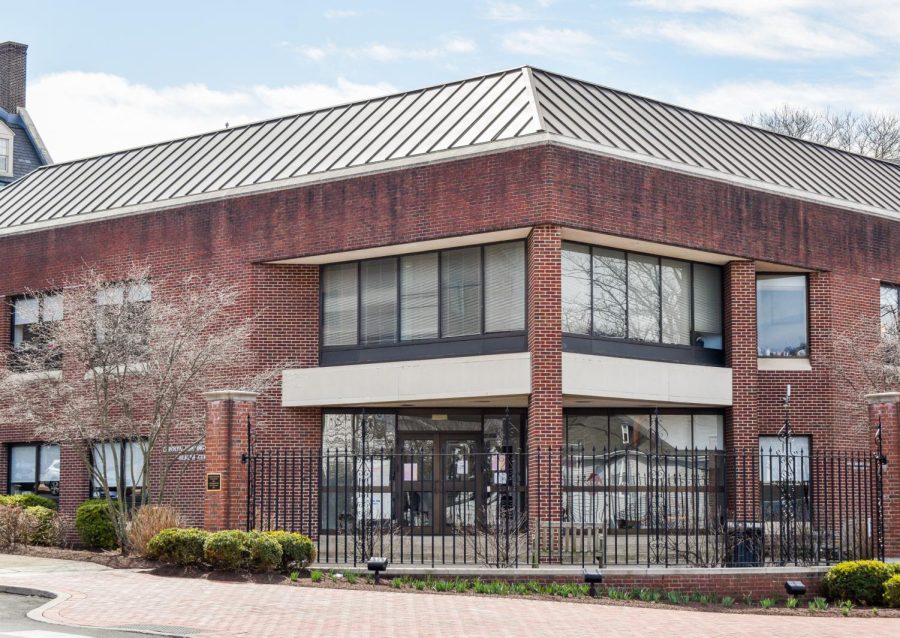As the weather gets warmer and the flowers start blooming, everyone’s mental health takes a turn for the better – right?
Not necessarily.
“Spring can often come with increased pressures,” Elizabeth Alogna, a staff counselor at Bailey Health Center, wrote in an email on behalf of the counseling center. “Social engagement expectations, body image concerns, academic stressors, application results, post-semester plans, and major milestone events like graduation [can] feel overwhelming and stressful.”
Psychology major Josh Pinton ‘24 said that there are many reasons why students may feel overwhelmed during the spring months.
“I think the spring semester is a lot more stressful,” Pinton said. “People [are] stressed [about] … getting internships or starting an internship.”
Other stressors during the spring semester can include disrupted sleep schedules and difficulty adjusting to the increasing light during waking hours.
According to the counseling staff, “it can be difficult to adjust to changing rhythms and routines, particularly when your sleep-wake cycle is disrupted which can occur with the lengthening of days.”
Sleep is crucial to both mental and physical well-being. When sleep is disrupted, attention, memory and concentration issues may result, causing students to respond to even minor stressors much more poorly.
“The changing of seasons, and each season in particular, can impact each of us in unique and different ways,” Alogna wrote. “For many students, spring can represent a season of renewal … [but] there also can be struggles associated with the change in season.”
Pinton raised another concern associated with the spring semester: students with less-than-ideal home lives might feel stressed that they only have two months left of school.
“It’s realistic to think that not everyone’s like home life is exactly what they want it to be,” Pinton said. “A lot of time it can be very stressful, and sometimes school is an escape for some people.”
Pinton added that stigma around mental health is still prevalent on campus, though treatment has become much more normalized.
“In recent history, so many more people are getting help … which I love,” Pinton said. “But there’s stigma around [mental health issues].”
Pinton emphasized the importance of reaching out when struggling.
“Don’t be afraid to talk to your friends,” Pinton said. “Your genuine friends are there for you … and if you need a helping hand, don’t be afraid to ask for it.”
The counseling center recommends reaching out to set up a consultation or attending a workshop. Drop-in consultation sessions occur on weekdays from 10 a.m. to 11:30 a.m. and 1 p.m. to 3:30 p.m. Even when the center is closed, students can speak to a crisis counselor by calling the center’s number 610-330-5005.
Additionally, students have the opportunity to report concerns about others through One Pard if they are uncomfortable or unable to refer the other student to the Counseling Center. Students can also utilize Togetherall, an anonymous global platform managed by trained mental health professionals.
All Counseling Center services are free, and insurance is not billed.
Anyone facing a mental health crisis can also call or text 988, the national suicide hotline, for support.























































































































Ava Prestigiacomo • Mar 30, 2023 at 9:06 pm
Yay jenny!!!